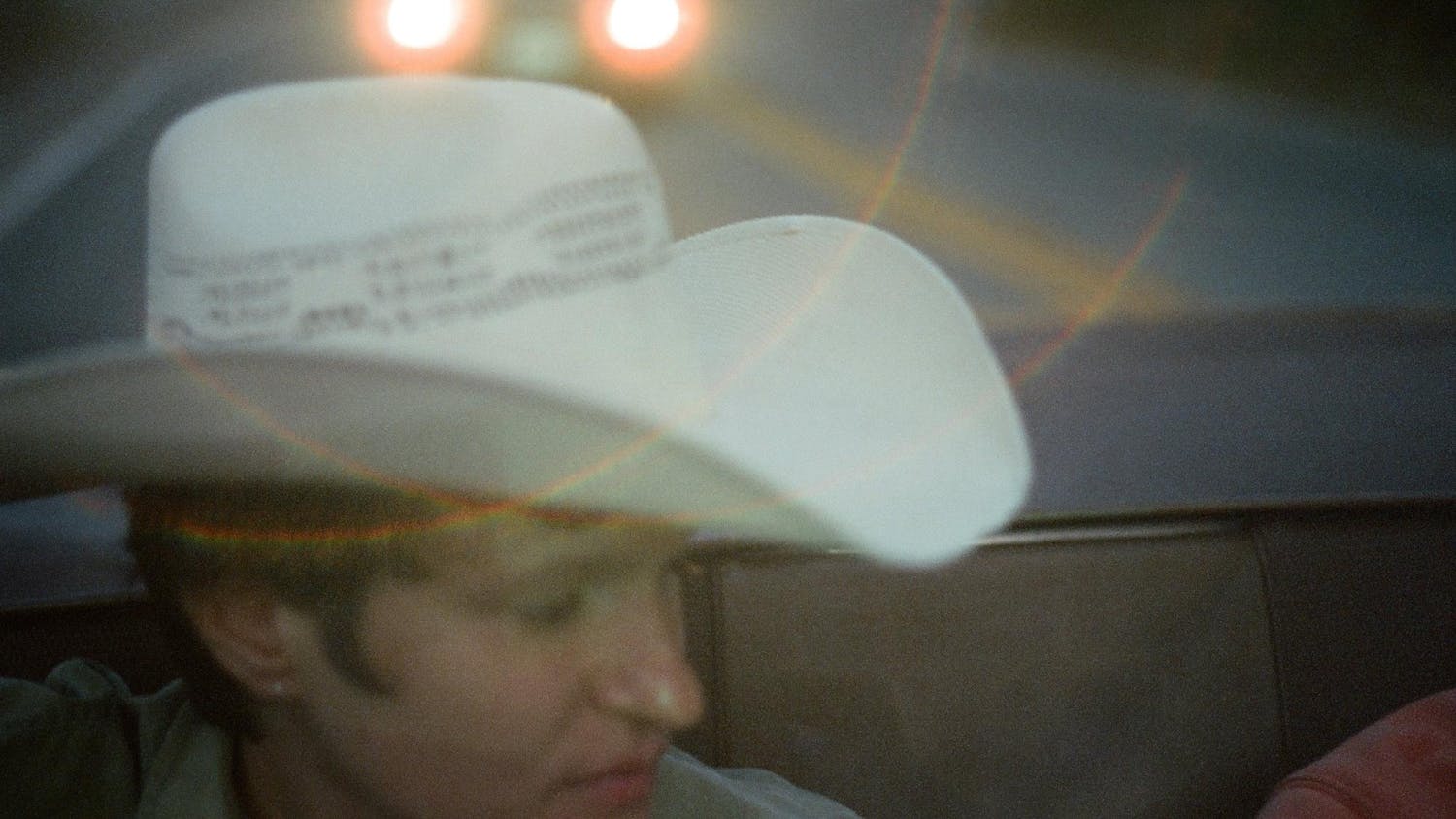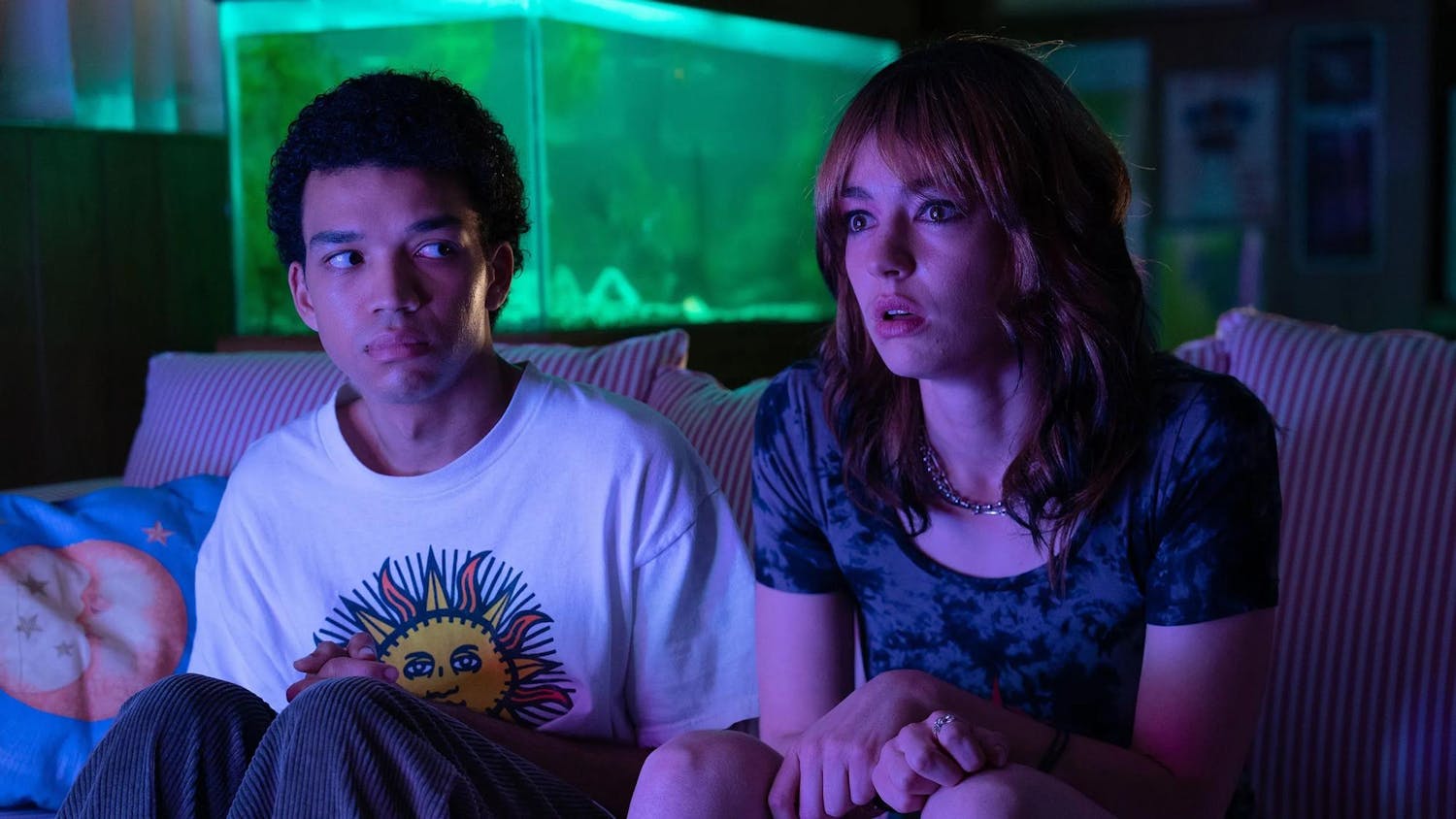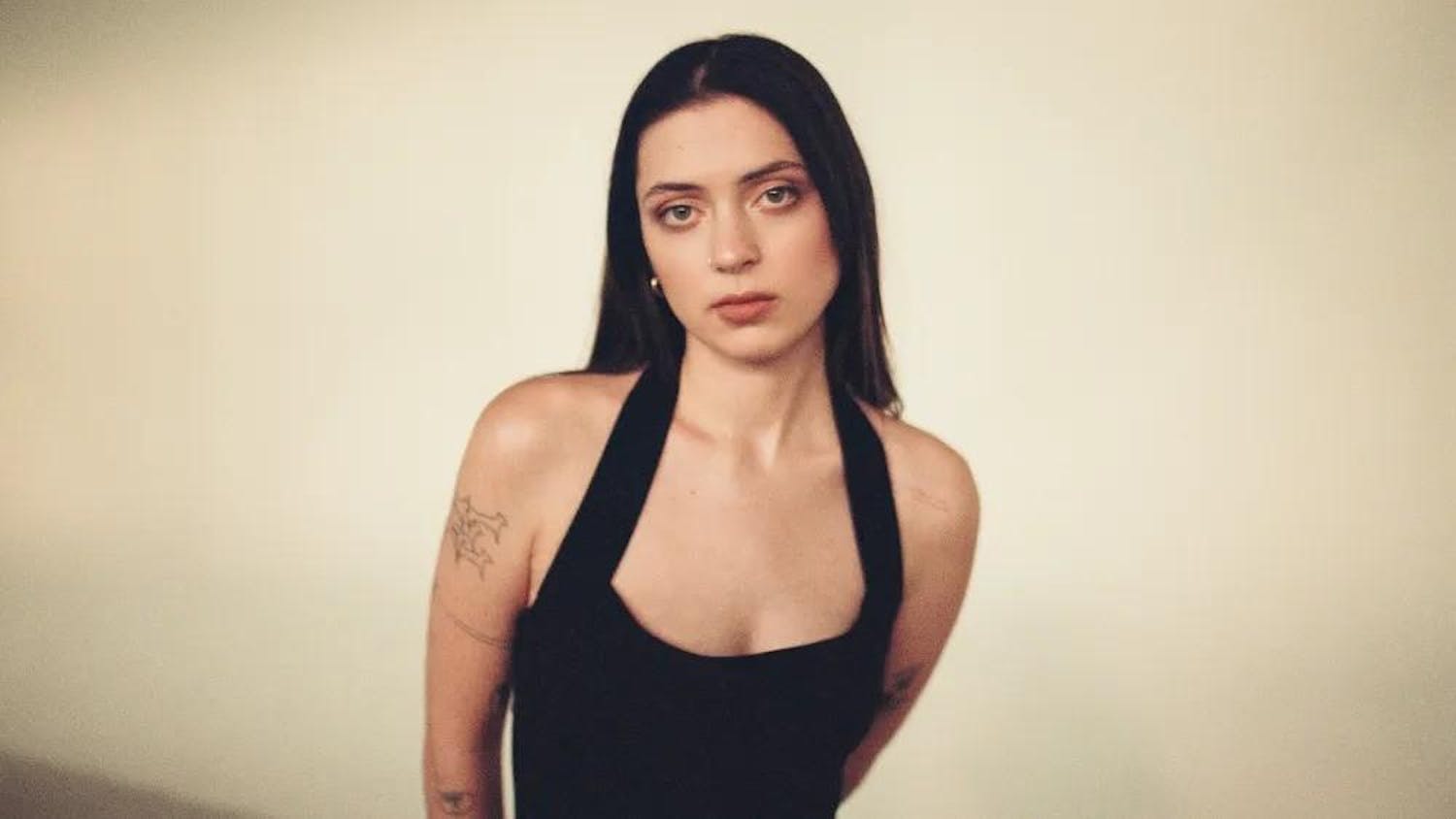Herald: Since its publication, "The Giver" has faced multiple bans. "Son" could be seen as equally controversial. In general, how have you approached the controversy, and what is your answer to people who are trying to ban the books?
Lowry: Public libraries are well-known for their defense of freedom of speech and so that's never happened, but occasionally parents have raised an objection when the book is used in a school, and then it has become something, sometimes, of a controversy. And I'm always very surprised by that, and I sometimes have pointed out that the world of "The Giver" is a world that has no literature, and the reason would have been because with the best of intentions, with a protective instinct, the government would have removed books that would trouble the people. In an effort to keep the people content, they simply had destroyed all literature. And the banning of books has always been the first thing to happen when a totalitarian government takes over. It's one of the first things Hitler did, for example. So I think it's a very dangerous thing, and when I'm called upon to reply to a challenge where a book has been challenged, or where an attempt has been made to ban the book, I'm always happy to speak on its behalf and on behalf of freedom of First Amendment rights. But I don't think the new book will fall into that trap because in recent years, since "The Giver," which was the first dystopian novel for young people, I'm told, (there have been) so many recent books in that genre, and many of them have been very, very violent, and probably destined to become more controversial than the very more introspective and quiet books that I write. I don't think the new book "Son" will have a problem. But who knows? I could always be badly surprised.
On the flip side, "The Giver" has also become required reading in school curricula. How have you been approached by students who have read your book? What do you think about the cultural permanence it's achieved?
Well, I no longer visit schools because I just don't have the time, so I'm only in touch through their emails which they send me. ... It's very affecting to me, very moving to hear from the number of young people who have responded so passionately to this book over the years. I often hear from kids, maybe since school, that it changed their life, that it changed their way of looking at things. I didn't set out to do that. You can't sit down to write a book and predict that it will do that. But "The Giver" has done that for a lot of kids, and it's enormously gratifying to the author to realize that.
You were a photographer as well as writer. What do you feel is the link between visuals and writing, and how do you capture it on the page?
That's a hard question and an interesting one. I've always been a visual person. I studied photography in graduate school, and I worked first as a photojournalist for magazines and newspapers. And in fact the photograph of the old man on "The Giver" is a photograph I did once for a magazine some years earlier, and he was dead by the time the book was written. But I think the fact is that when I'm writing fiction, I'm seeing it in my mind, and it's interesting. I don't know how other people approach the writing of fiction - I've never talked to anyone else about it. But for me, I can always see what's happening. I can see the characters. And then also, I can see the way the photographer does: We have a focus, blurred in the background, and I think I do that. It's hard to describe, but I do that in the writing - what to focus on, what to zoom in on, as it were, and what to blur from time to time. I think the two things are related for me.
You're a prolific writer and have written in a variety of genres. How do you continue finding new ideas? How do you switch between genres so often?
If I just do the same kind of book all the time, I think I would get bored. Switching back and forth, and the fact that I'm able to do that, keeps me energized. I've done stuff that would fit into the category of historical novels, and "Number the Stars" is one of those. And then "The Giver" series is not really science fiction, but it's kind of a mix of fantasy and futuristic speculative fiction, so that's very different. And then there's realistic fiction. My mind goes back and forth. I always have lots of ideas - I just pluck out the one that's going to be next. And right now I'm not working on anything. I'm in the middle of a number of personal crises. ... So I'm not working on anything right now, but when I do, I just have to choose what idea I want to do next and which genre it will be in, and I can't predict that at the moment.
Many of your stories are read by children but deal with profound and mature themes. How do you convey those themes to children?
I think you simply tell a good story. ... The quartet, it's not little kids, it's 12 and up usually. And so you create a character they can relate to. And then you place the character in situations, and that becomes, of course, the book. And the reader, if he or she identifies with the character, then follows along and kind of rehearses their own future by weighing their own feelings against the decisions the character makes. And so, in a book for older kids, like "The Giver" quartet, I raised situations and issues that you know in a way have political implications and sometimes emotional implications. But they're all ... disguised by a narrative and by a plot, and the story carries the reader along. So it doesn't, I hope, ever become didactic.
As a Brown student in the '50s, you were here on a scholarship for writing. What was your general Brown experience like?
I went to Brown when I just turned 17. I was very young, and at that time of course the curriculum was different. A lot of required courses - but I went there in order to study writing, and so I was able to enroll in my freshman year in a couple of advanced writing courses. But I think I was competent as a writer, and I always got good grades, but I hadn't had much experience in life yet. And I remember a writing professor, Charles Filbrich, who has since died, telling me that I needed to experience more before I became a writer, and I wasn't sure at that time, at 17, 18 years old, what he meant. Of course, later, I experienced more; I did understand. But I dropped out of Brown at the end of my sophomore year, and that was not uncommon in the '50s. I had a boyfriend who was two years older than I. I met him the day I arrived at Brown - he was a junior, and I was a freshman. And then when he graduated, he was headed out to California, and we got married and I dropped out of school and I didn't go back ... till I was in my 30s, till I was a wife, and then he went to law school and we had children, and a lot of things interrupted my education. But I was very happy at Brown and those years in the '50s as a freshman and a sophomore. ... The interesting thing is, in retrospect, that when I finished my sophomore year and told the school I would not be coming back because I was getting married, nobody, none of the people at the school, none of my teachers, not the dean in the dorm or anybody tried to dissuade me from that. "Oh congratulations, have a nice life" - and that saddens me now. I probably would not have been dissuaded, but I think it's kind of sad it was okay for girls to give up their education and follow their boyfriend to whatever he was going to do and be supportive to his career at the expense of one's own.
What do you feel you've taken away from your Brown experience? How has it impacted your writing, if at all?
I don'
t think the courses I took in writing, though I enjoyed them and did well in them and learned from them, I don't think they had much effect on me in the long run. I think what affected me was the literature. I was an English major and in those days I had to take, for example, math and political science and sociology and things that didn't really interest me that much. I suppose I'm better for having done it, but I would have loved to have taken nothing but literature. Nonetheless, the courses I did take in literature served me very well. ... When (children) say they want to be a writer, I tell them they should study literature, writing. I think that good writing arises out of a knowledge of good literature.
- Elizabeth Koh
ADVERTISEMENT




